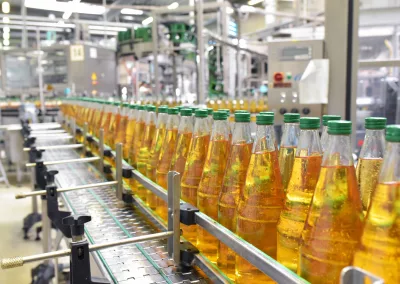Food Safety
and cGMP Consulting
EMMA International’s food safety consulting service supports food manufacturers in a variety of areas to ensure compliance with food safety regulations and standards.
No matter how big or small your project is, our experts are here to support you with all aspects of compliance for your food manufacturing operations. We have capabilities in all facets of food production and processing, including beverage, bottled water, infant formula, acidified foods, and medical foods.
Whether you are looking to comply with ISO 22000, need support with FDA/EPA regulations, or are looking for guidance with the Food Safety Modernization Act (FSMA), let our in-house Preventive Control Qualified Individuals (PCQIs) guide you every step of the way!
Overview of Food Safety Consulting Services
Food Label Reviews
Recall support
HACCP Plan Development
Mock Inspections and Audit Readiness Training
Food Defense & Facility Consulting
Food Safety
483 and Warning Letter Remediation
cGMP and FSMA compliant QMS Development
Specialty Areas
Low-Acid Canned Foods
Medical Foods
CBD Infused Foods
Infant Formula
Bottled Water
Food Allergens
Ready to learn more about working with us?

Food Safety/GMP




